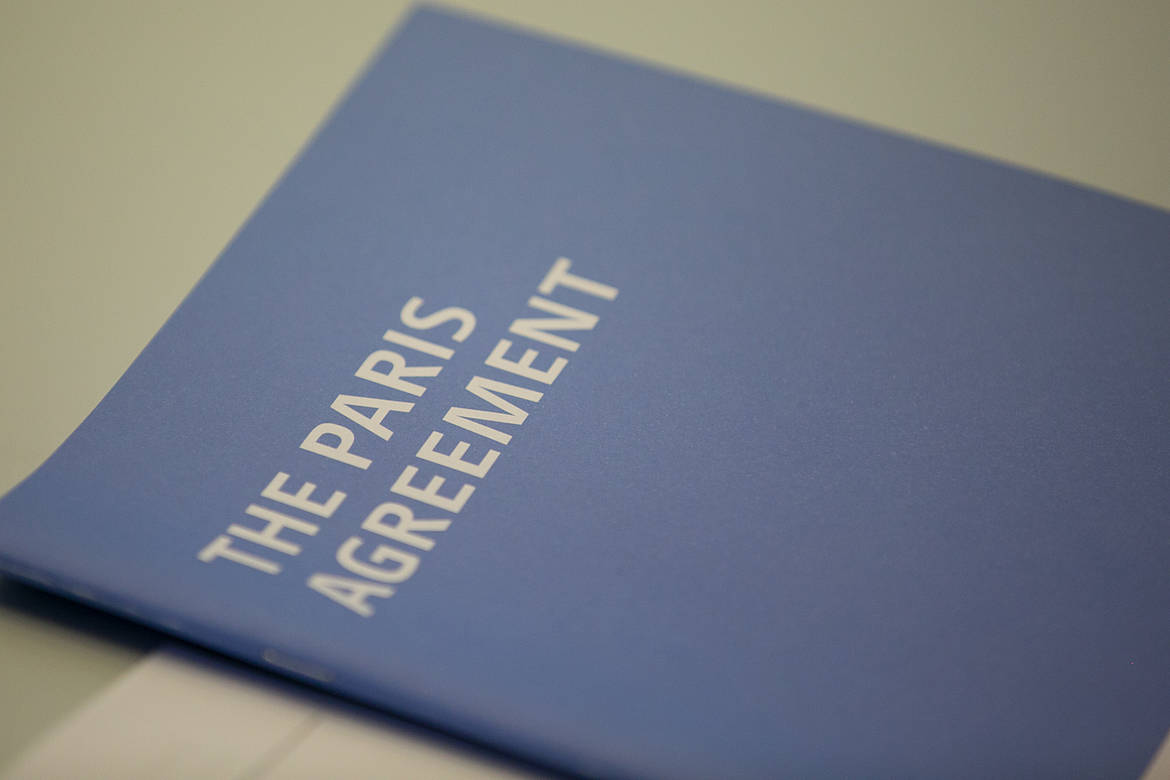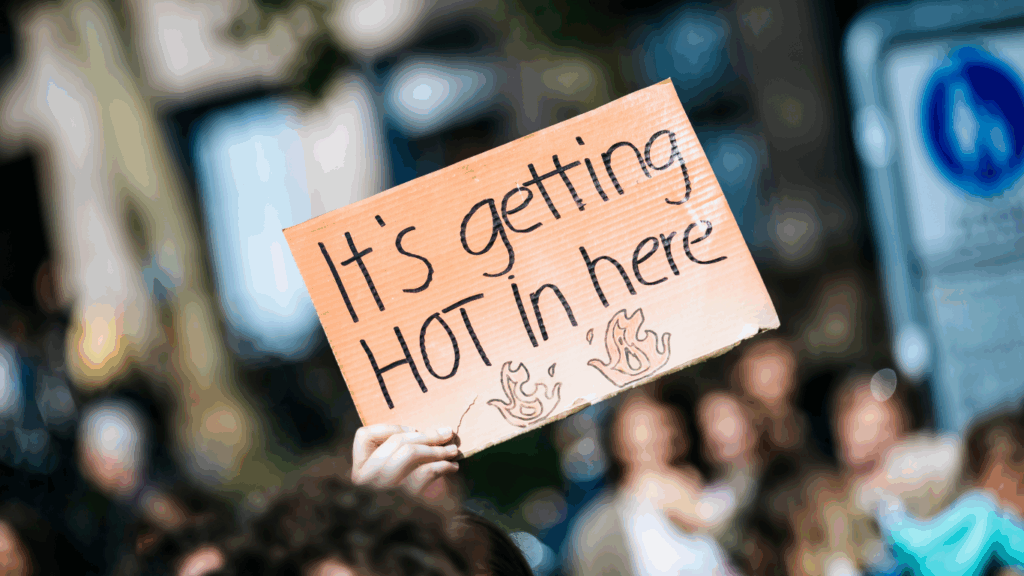The world is drowning in plastic, and last week’s high-stakes global negotiations to stop the flood failed. The fifth session of the Intergovernmental Negotiating Committee (INC-5) in Busan, South Korea, was supposed to deliver a groundbreaking treaty to end plastic pollution. Instead, the talks collapsed under the weight of fossil fuel interests and “business-as-usual” advocates, leaving the planet with more questions than answers—and millions of tons of plastic waste still piling up.
98% of plastics are made from oil and natural gas. With global oil demand waning, petrochemical industries are doubling down on plastics as a lifeline. At current rates, plastic production is set to double by 2050, consuming 20% of global oil output and contributing 15% of all carbon emissions.
Plastics don’t just pollute—they persist. A single bottle can linger in the ocean for 450 years, while tiny microplastics last virtually forever. This relentless durability has turned our planet into a dumping ground, with over 8 million metric tons of plastic waste entering the oceans annually. To put this in perspective, it’s like tipping a garbage truck’s worth of plastic into the sea every minute.
The Recycling Mirage
Recycling is often painted as the hero of this story, but the truth is far messier. Globally, less than 10% of plastic waste is recycled (OECD). The rest is buried, burned, or left to pollute the environment.
Recycling itself is resource-intensive and energy-hungry, a stark reminder that there’s no “free lunch” in the material economy. Meanwhile, the volume of plastic waste continues to balloon, projected to surpass 600 million tons annually by 2040—equivalent to the combined weight of all adult humans on Earth today.
INC-5: A Battle of Priorities
INC-5 was supposed to be a turning point—a global treaty to stem the tide of plastic pollution. Instead, it became a battleground. While over 100 nations, led by the EU, pushed to cap production and phase out fossil-fuel-based plastics, oil-producing countries like Saudi Arabia and Russia pushed back hard. For these nations, plastics are a crucial market for oil, a way to hedge against an uncertain future for fossil fuels.
The resistance was amplified by a small but influential bloc of “business-as-usual” advocates, who framed ambitious production cuts as economic threats. Fossil fuel lobbyists swarmed the talks, outnumbering some national delegations, ensuring that bold action was stalled. The absence of leadership from major producers like the United States and China sealed the conference’s fate. The result? No deal, no timeline, no accountability.
What Must Happen Next
The failure at INC-5 is a wake-up call. The global plastic crisis isn’t just about waste management; it’s about production. To turn the tide, world leaders must adopt a legally binding treaty that caps production, phases out fossil-based plastics, and mandates corporate responsibility for waste.
Innovation is part of the answer. Bioplastics, reusable materials, and circular economies can reduce dependence on fossil fuels, but only with significant investment and policy support. Meanwhile, grassroots movements and public pressure must continue to challenge the narrative that recycling alone can solve this crisis.
The stakes couldn’t be higher. Plastic pollution is strangling ecosystems, poisoning communities, and accelerating the climate crisis. It’s time for governments and industries to put life first—before the plastic tidal wave engulfs us all.




